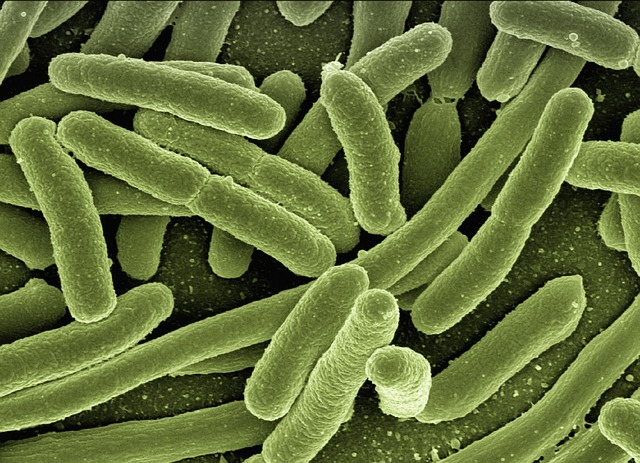When it comes to managing your cholesterol level, your lifestyle choices play a pivotal role. Exercise is not just a physical activity; it’s a commitment to a healthier you. Incorporating regular physical activity into your daily routine can lead to significant improvements in your cholesterol levels and overall well-being. Whether you prefer brisk walking, cycling, or more high-intensity workouts, the key to success lies in consistency.
A healthy lifestyle goes beyond just exercise; it encompasses your daily habits, from sleep patterns to stress management. A well-rounded approach to health includes finding an enjoyable form of exercise that you can commit to long-term. Engaging in activities that elevate your heart rate can help increase high-density lipoprotein (HDL) cholesterol, often referred to as good” cholesterol, while reducing low-density lipoprotein (LDL) cholesterol, the “bad” kind. Aim for at least 150 minutes of moderate aerobic activity each week to reap the cardiovascular benefits.
In addition to exercise, healthy nutrition is vital in optimizing your cholesterol level. Paying attention to what you eat can have a profound impact on your heart health. Focus on incorporating whole grains, fruits, vegetables, and lean proteins into your daily meals. Foods rich in omega-3 fatty acids, like fatty fish, flaxseeds, and walnuts, can also help improve your lipid profile. Avoid trans fats and saturated fats, commonly found in processed foods, as they can raise your cholesterol levels significantly.
Think of your body as a finely tuned machine; it requires the right fuel to operate efficiently. This is where the importance of nutrition comes into play. Implementing heart-healthy foods into your diet can lead to significant improvements in your cholesterol levels and overall heart health. Consider adding oats and beans, which are excellent sources of soluble fiber, as they help to reduce LDL cholesterol.
Another essential component of a heart-healthy lifestyle is hydration. Drinking plenty of water, along with limiting sugary beverages, can support your body’s metabolic processes and help maintain a healthy weight. Adequate hydration also plays a crucial role in managing your energy levels, making it easier to stay active throughout the day. Small adjustments in your daily routine can lead to substantial long-term benefits for your cholesterol level.
Finding balance is key. While exercise and nutrition are vital, don’t overlook the importance of mental health. Stress can negatively impact your cholesterol levels, so incorporating relaxation techniques, such as yoga or meditation, can contribute to maintaining healthy cholesterol. Remember, it’s essential to listen to your body; if something doesn’t feel right, seek guidance from a healthcare professional.
In essence, optimizing your cholesterol level is about embracing a holistic approach to health. By combining regular exercise with mindful nutrition and stress management, you empower yourself to take control of your health journey. Start today—your heart will thank you for it tomorrow!




